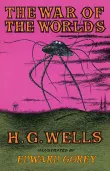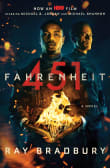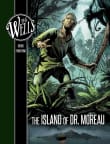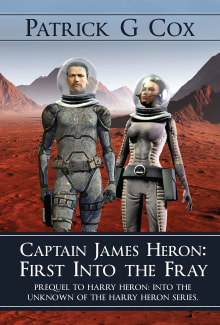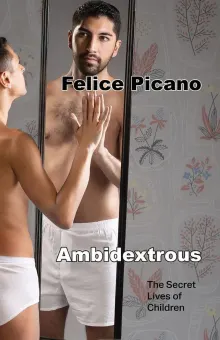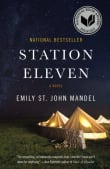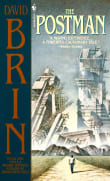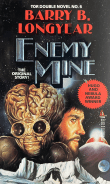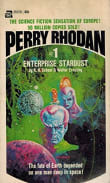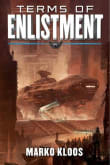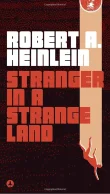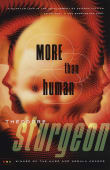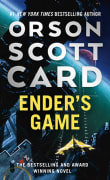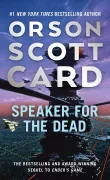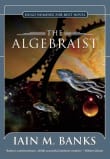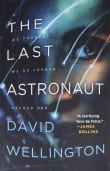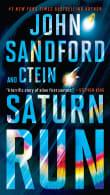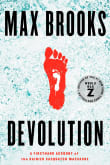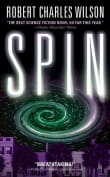Childhood's End
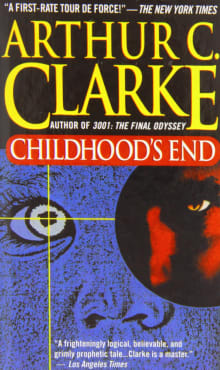
Book description
Arthur C. Clarke's classic in which he ponders humanity's future and possible evolution
When the silent spacecraft arrived and took the light from the world, no one knew what to expect. But, although the Overlords kept themselves hidden from man, they had come to unite a warring world and to…
Why read it?
8 authors picked Childhood's End as one of their favorite books. Why do they recommend it?

This was the first major alien arrival novel I read. I recall being awestruck by Arthur C. Clarke’s masterful mixing of incisive storytelling and a deep sense of grandeur.
The Overlords are hugely memorable, but it was the exploration of human identity that had the biggest effect on me. The story endures as a classic for a very good reason.
From Craig's list on how things will change when the aliens show up.

This book starts with city-sized spaceships taking up residence above all the major world cities, much like the movie Independence Day. But instead of coming to conquer the Earth, they have come to help us reach the next stage in our evolution. They themselves cannot reach a higher level; they are known as the Overlords, and they look like Satan, but they are benign benefactors who wish to unify earth, eliminate poverty, and end war. They have a higher plan for Earth’s inhabitants. This book is meant to expand your mind with all of the thoughtful ideas that are…
From John's list on sci-fi with superior ideas from the 1950s.

There aren’t many writers who are comfortable exploring cosmological themes, but Clarke did just that in this book about evolution, technology’s impact on a species, and the notion that our place in history is the merest beachhead—the human equivalent of lungfish making the transitional leap to bigger tomorrows. The novel’s Overlords operate in complete antithesis to Star Trek’s Prime Directive; they come to Earth specifically to tamper with humanity, guiding our development. There are transhuman and bioethical debates aplenty to be found here, and no one really does it better than Clarke.
From Brian's list on classic sci-fi recommended by a sci-fi novelist.
If you love Childhood's End...

From the golden age of science fiction is one of my all-time favorite novels, written by one of the fathers of the genre. I’m not even going to provide a summary of the plot—this is an experience that cannot be missed if you are any sort of fan of sci-fi. Despite it being written in 1954, the writing, premise, and story progression all still feel fresh. The book, spanning decades, is one of the human condition and exploring our place in the universe in the face of truly alien intentions.
This may be the last book on my list, but…
From Trevor's list on first contact sci-fi but with a twist.

Were society a being that has a youth, maturity, and does age in full—written in 1953, Clarke set out the allegory of humanities relative age limit which we came to trust through Star Trek's First Contact protocol. This most grandiose of paradoxes was revealed in Clarke's trademark style, and in revelation. In Clarke's worldview you are right to think something else is going on, as in, we expect you to be duped! Clarke's assuring imagination bequeathed great things in science fiction and the religious underpinning in Childhood's End I found utterly intriguing. Of course, when it comes to the support…
From Jason's list on inspiring sci-fi that reforges your worldview.

Yet again, I read this book in adolescence, though I saw the TV movie version much more recently. The end of the world and the human race as we know it, the role of the most powerful children in bringing about the complete transformation of the entire world, the subtle, powerful connections that some of these children forged, the more than quirky, telling form of the mysterious benevolent or not so benevolent alien Overlords, hidden to all but one for so long, it all got me to the core. Another masterpiece classic.
From Mark's list on fantasy/sci-fi saving, ending, and starting worlds.
If you love Arthur C. Clarke...

OK, so one of the granddaddies of science fiction, this book didn’t get any awards, which is a crime against sci-fi in my opinion.
It’s been decades since I’ve read this book, but I’ll recall what sticks in my mind. As the space race begins the Soviets and Americans launch into space, alien spacecraft appear and rest above the major cities on the planet.
As I recall they render all weaponry ineffective, the aliens, known as overlords, scrutinise humanity, treating them something like a cross between children and a lab experiment, though never intruding on human affairs other than to…
From Oliver's list on first contact science fiction.

Childhood’s End isn’t a typical post-apocalyptic tale, but it does guide the reader toward the eventual transformation of humanity into something completely other. When I read it as a teenager, it grabbed my imagination and both fascinated and terrified me. What will it be like for humanity to transcend itself? Will we be able to do it ourselves, or will we need influences from outside to make it work?
From Kevin's list on for the end of the world.
Want books like Childhood's End?
Our community of 12,000+ authors has personally recommended 87 books like Childhood's End.



